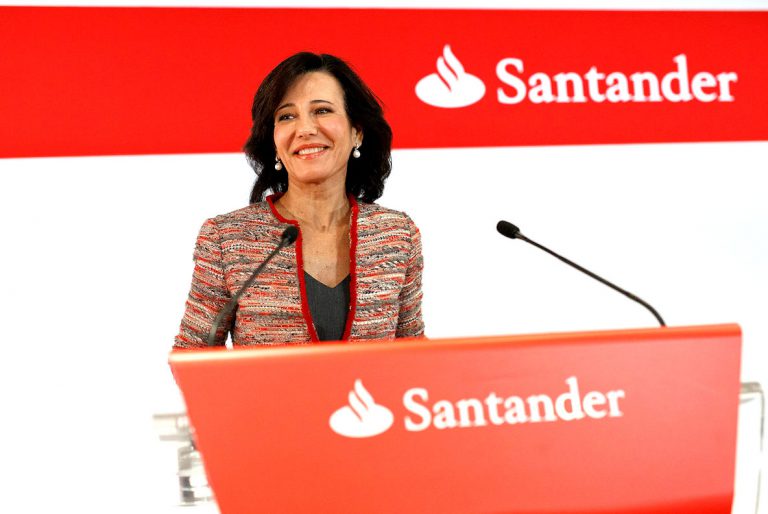Keep calm and carry on
Investors are likely to be feeling discomfort at the moment. Markets are on a rollercoaster ride with the S&P and the Nasdaq posting their worst returns in the past few weeks since the beginning of the pandemic. Wall Street saw wild swings in equity prices, with indices down 4% at one stage – only to wipe out losses by closing time. Volatility will likely continue to be with us as the US Fed broadcasts its intent to fight inflation with measures of quantitative tightening.
Of course, there are a number of factors at play here: the Fed’s hawkish rhetoric, a mixed start to earnings season and growing concern about Russia’s troop build-up on Ukraine’s border dragging on sentiment. Markets are largely sentiment-driven and it is during times of volatility and uncertainty that remaining composed is vital, especially when short-term performance looks disappointing.
It has been said many times over the decades: investment returns need to be measured and targeted over the longer term. Short-term volatility and uncertainty are uncomfortable, but they are an unavoidable component of investing. Uncertainty drives prices downwards. However, the sentiment behind the moves is often not related to the value of the stock and we can just as quickly see a return to profitability when markets show just a little less uncertainty and a bit more clarity. The key thing that we all know during good times, but need to remember when volatility increases, is that markets are forward-looking. Responding “after the fact” to falling or soaring markets is usually the reason that investors underperform over the longer term.
Trying to predict what will happen to the equity markets over the next week, month or year is interesting, and many pundits in the industry do this for a living. While interesting fodder for the financial news media, it has little value over time to our investment portfolios.
So, what will happen to the markets over the next week, month, year – interesting and emotional to be sure, but no one really knows, and it doesn’t really matter. What we do know is that market timing is largely a failed strategy and history has demonstrated that an actively managed portfolio of quality growing companies can be a winning formula.
The greater part of wealth accumulation over time has to do with sticking to your investment goals. As the saying goes, “it’s not timing the market, but time in the market”.
Resisting the urge to react emotionally is the key ingredient to successful long-term investing. We assure you that our full attention, together with our investment management partners, is on our investment strategy and we will keep you updated on our thinking and insights along the way.







